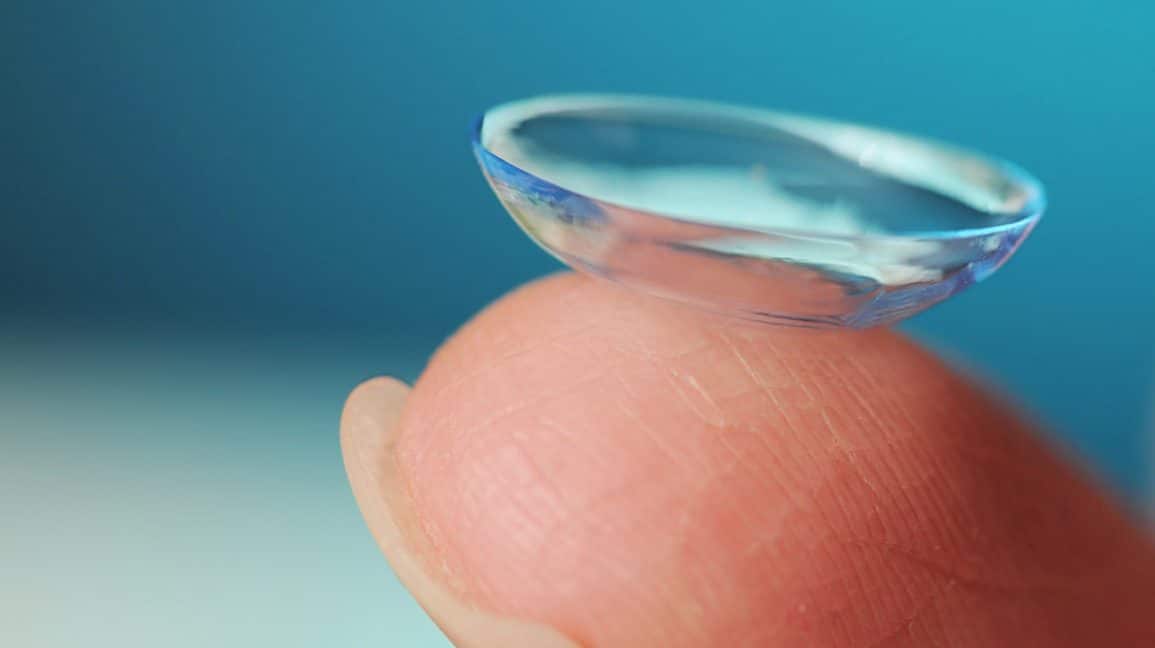
News
Everything You Have to Know About Contact Lens Care

Everything You Have to Know About Contact Lens Care
Contact lenses must be cleaned, disinfected, and properly stored. Caring for our contact lenses is essential for keeping our eyes healthy and clean at all times.
Nowadays, there are numerous contact lens cleaning solutions and systems that are widely available and accessible to those who may need it. However, not all contact lens users are knowledgeable of what would be the best fit for them.
Read on to discover everything you have to know about contact lens care.
For Soft Lenses: The Multipurpose Solution
This multipurpose solution cleans, rinses, disinfects, and stores soft contact lenses. Soft contact lens wearers are the most likely to use this solution.
For Hard Lenses: The Rigid Gas Permeable (RGP) Care
Hard contact lens care is distinct from soft contact lens care. Multiple solutions are required to wet, clean, and disinfect hard contact lenses. Speak with your eye doctor about your options if you wear hard contact lenses.
For Disinfection: The Hydrogen-Peroxide Base
Contact lenses are cleaned and disinfected using hydrogen peroxide. Allergic reactions to any ingredient in a multipurpose solution that causes eye redness or irritation are possible. This type of system necessitates the purchase of a specialized case, which is included with the solution. The special case reacts with hydrogen peroxide, slowly converting it to saline solution. Using another case with a hydrogen peroxide-based solution when inserting contact lenses will result in burning, stinging, and redness.
For Sanitising: The Saline
Sanitisers are not used to disinfect contact lenses. Soak lenses in saline after cleaning and disinfecting them with another system. One such system recommends rinsing contact lenses with saline before inserting them. Although, it would be best to consult your eye doctor to see if saline should be used in conjunction with your current care system.
For Everyday Use: The Daily Cleaners
The purpose of a daily cleaner is to clean your lenses rather than disinfect them. To remove deposits from contact lenses, use a cleaner. Place a few drops in the palm of your hand and gently rub the contact lens on both sides. For rinsing, disinfecting, and storing contact lenses, a multipurpose solution is required.
For Eye Deposits: The Enzymatic Protein Removers
Enzymatic protein removers clean the deposits that your eyes leave on your contact lenses. Your eye doctor may advise you to use a product to remove deposits from your contact lenses, depending on the type and amount of buildup. Depending on the product, enzymatic protein removers should be used daily or weekly.
Protecting Your Contacts
Removed contact lenses must be cleaned and disinfected before reinsertion. There are numerous cleaning methods. The type of lens, allergies, and protein deposits in your eyes all play a role in the decision.
To avoid dangerous eye infections, clean and store your contact lenses properly. After rinsing it with sterile contact lens solution, allow it to dry. Meanwhile, when not in use, keep your lenses in your lens case. A good rule of thumb is to replace the case every three months or as soon as it cracks or breaks.
Conclusion
You must commit to proper cleaning and replacement of contact lenses in order to wear them safely. However, it’s worth noting that consulting with your ophthalmologist is vital before experimenting with a new contact lens care system. This way, you can also discuss your needs and expectations regarding your vision and proper eye care. Trust that only your eye doctor can advise you on the best contact lens care system for your eyes and contact lens type.
Are you looking for the best contact lens cleaner? Vision & Eyes is a team of esteemed experts on eye care. With us, you will save time, money, and your vision. Shop our products today!
